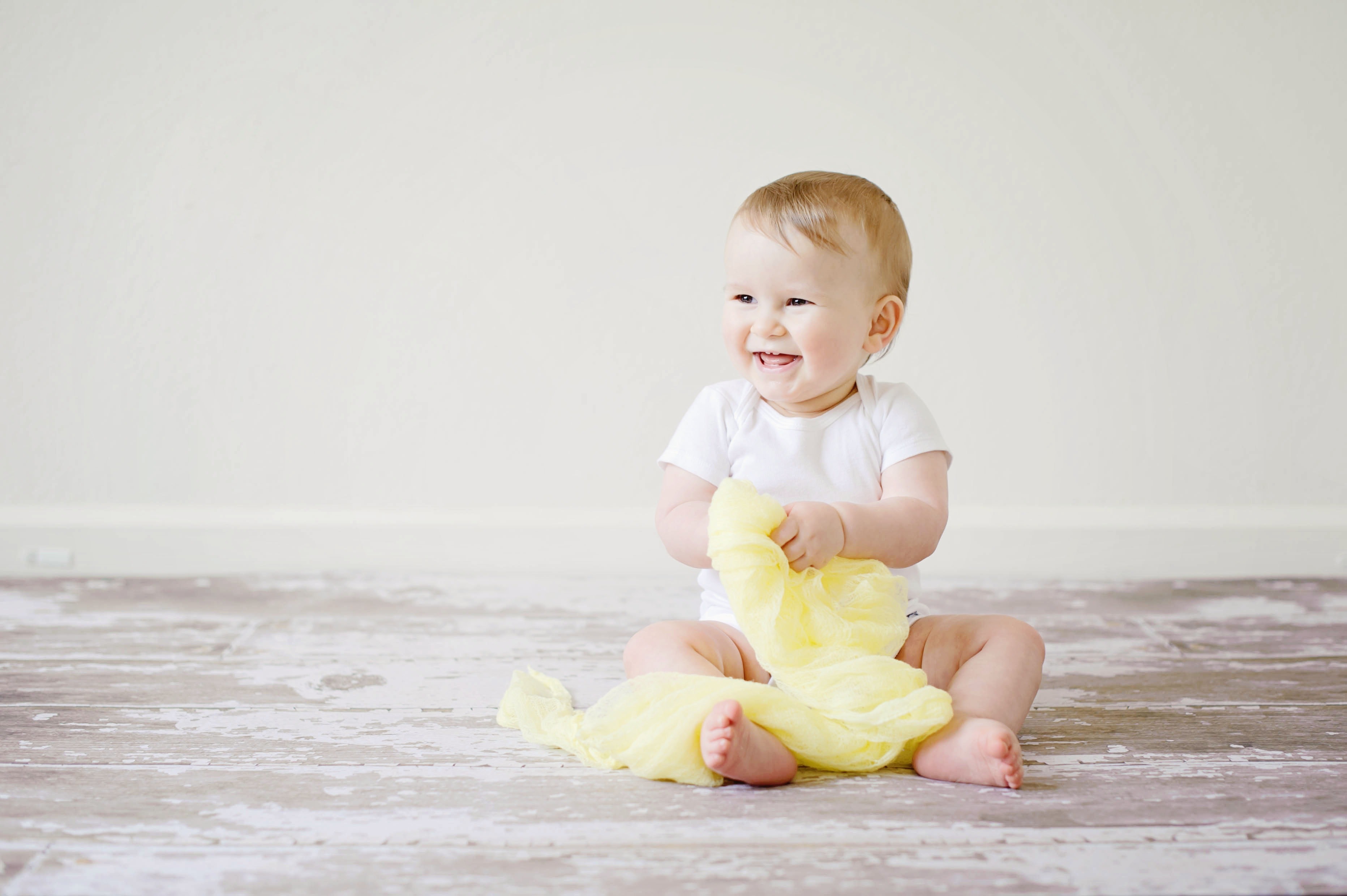
14 Nov Developmental Delay in infants
Watching you baby learn to sit, crawl, pull to stand and walk is an very exciting and unique experience for parents. However, if you baby is a bit late to achieve these milestones it can also be a very stressful and scary period. The good news is the timeframes you see online are just a guideline, and every child develops at their own rate, however it is often beneficial to have an assessment with a physiotherapist if you are concerned about gross motor delay.
Assessment
Physiotherapists are uniquely equipped to perform assess your infants movement to determine where there are at from a developmental standpoint, where they sit compared to normative data and investigate or refer for further investigation of any potential causes to the developmental delay as required.
- Our physiotherapists will perform observational assessments then if required follow up with formalized assessment. They also will undertake a muscle strength, joint range, muscle length and tone assessment as required.
- Our assessment findings will help guide our intervention
Intervention
Intervention will be based on assessment findings. Generally speaking a key part of intervention for developmental delay in infants is manipulating tasks and environment to generate infant-initiated movement which is task specific at an appropriately challenging level.
Infant initiated movement
- Hand’s off activity where safe
- OR minimize adult handling
- Promotes neuroplasticity
- If an adult helps the baby to perform a movement they learn how to help the baby, if a baby learns how to do the movement they learn how to do it!
Task Specific Movement
- Practice the task you want the baby to achieve
- Evidence shows this is beneficial than working on each bodily aspect preventing a baby from achieving a milestone
How do we generate Infant-initiated task-specific movement?
The key to generating infant-initiated task-specific movement if through task modification, environmental modification and enrichment.
Task Modification
Involves breaking down a task and working on individual components of it. See examples below:
- Working on holding 4 point kneel position to help with crawling
- Gradually reducing sitting support
- Mini squat practice to help you baby learn to move from standing to sitting
Environmental modification
Involves use of things such as cushions, laundry baskets, tables, elevated surfaces and much more where safe and appropriate. This helps to modify a tasks to add additional support to make it achievable to infants. As infants progress support added by the environmental modification is slowly reduced and taken away so infants can achieve each task independently.
Environmental Enrichment
Just like adults, babies need motivation to complete tasks. Physiotherapists will work with each baby’s family to identify what their specific interests are and help choose the appropriate toy’s to encourage movement.
A quick and easy tip to enrich your babies environment is as follows:
- Group your toys into three to four sets
- Provide your baby with access to one of these sets
- Every few days swap each set in/out
This helps to keep toys new, unique and intresting without making you have to buy new toys every single week!
Additionally, other libraries often have toy libraries, this is a great way to save some money, add variety to your infants toys, provide age and activity appropriate toys and reduce wastage for the environment!
Other ways to enrich your babies environment is allow them to play and be active in lots of different areas. This includes parks, beaches, garderns but also simple things like different rooms in the house as well!
If you have any questions about your babies development, or are concerned your baby if delayed, contact our physiotherapists at Western Paediatric Physiotherapy today!

Sorry, the comment form is closed at this time.